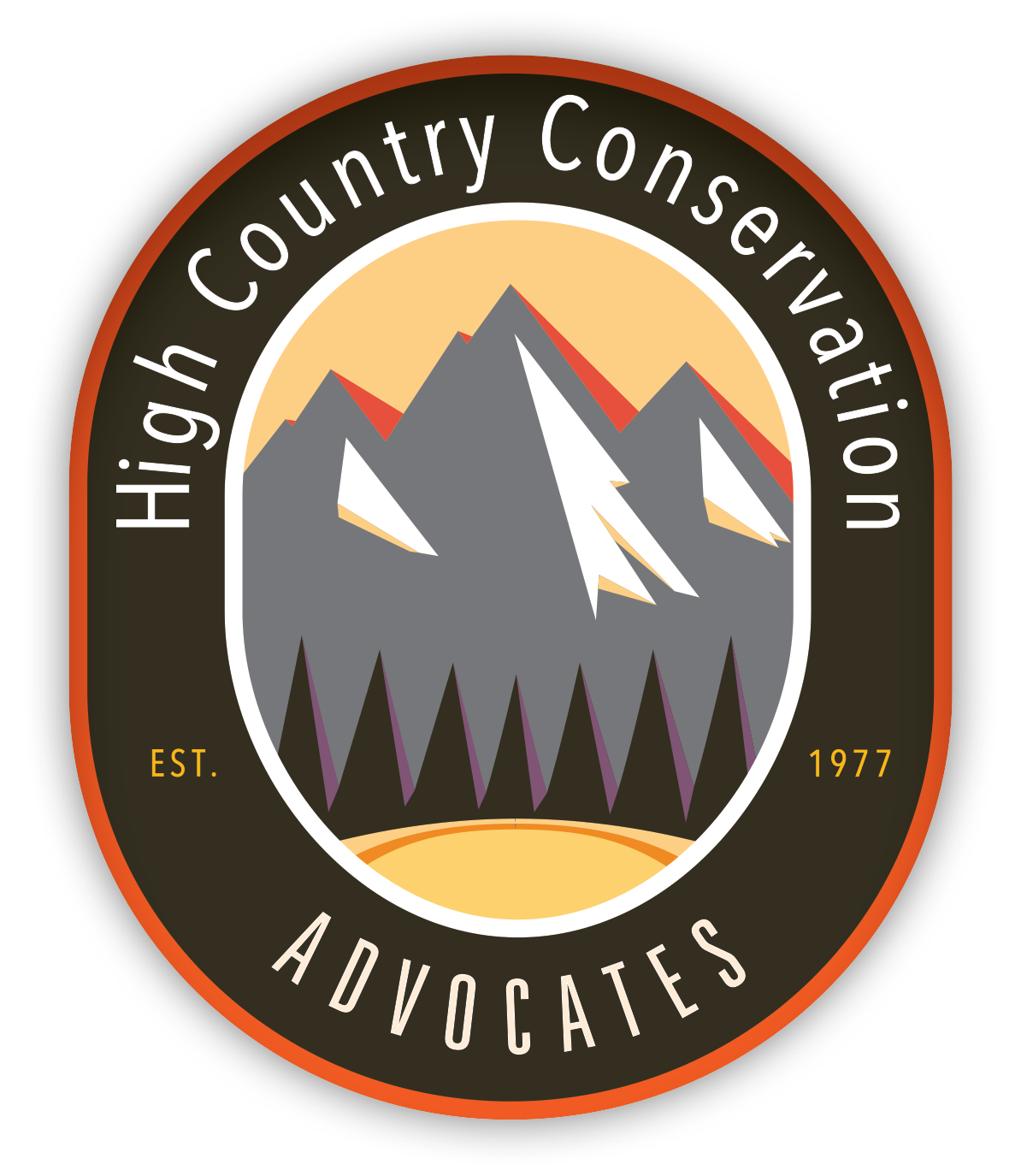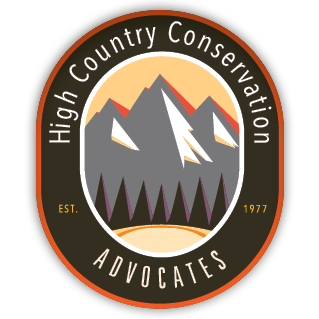
Climate Change
For over a decade HCCA has been defending Gunnison County public lands from proposals for coal mine expansion in pristine roadless areas and from natural gas development.
Gunnison County’s climate is changing, with hotter and drier summers, warmer winters, and more frequent drought. This is impacting forest health, water quantity, wildlife habitat viability, and public lands recreation. While much of HCCA’s project-specific work focuses on reducing climate change pollution and building climate change resiliency, two of our local efforts are particularly critical: coal mine expansion and natural gas development in Gunnison County’s Upper North Fork.
Our efforts to protect the Upper North Fork Valley from irresponsible coal mining and natural gas drilling are achieving steady success, yet development proposals from both of these extractive industries continue to confront us. Since our 2014 landmark legal victory in federal court that invalidated a Colorado Roadless Rule loophole that permitted coal mining in the North Fork Roadless Area, we have continued our productive partnership with Earthjustice, The Sierra Club, Wilderness Workshop, Center for Biological Diversity, and WildEarth Guardians to stop coal mine expansion in Gunnison County..
Our work to prevent coal mine expansion is critical to maintaining the biological productivity of the mid-elevation, wildlife-rich Sunset Roadless Area. This area provides outstanding habitat for Canada lynx (a federally threatened species), elk, mule deer, and cutthroat trout, and is a community asset for hunting, hiking, and wildlife viewing. Industry is seeking to circumnavigate the roadless restrictions and modify coal leases to enable expansion, and HCCA is fighting back through legal and political channels and community organizing. Scarring a roadless landscape with roads and drill pads to mine and burn 17 million tons of coal is not an acceptable use of public lands.
The Upper North Fork Valley remains in the crosshairs of another extractive industry: natural gas. Hundreds of gas wells are sought for the area just north of the proposed coal mine expansion. We have been successful in requiring the Forest Service and BLM to stop piecemeal analysis of development, but the agencies continue to discount negative climate change impacts and fail to take necessary measures to reduce risks and impacts to clean air, clean water, and healthy wildlife. We anticipate that development proposals in the Upper North Fork Valley will remain a constant factor in the upcoming years.
In addition to climate change impacts, the cumulative impacts of natural gas and coal on these interconnected public lands are a serious threat to big game populations and freshwater resources. The area proposed for development is directly upstream from Colorado’s bread basket of organic farms, orchards, and vineyards. Our engagement ensures that direct, indirect, and cumulative impacts to natural resources are properly analyzed and that negative impacts are avoided, minimized, and mitigated. We continue to work closely with the Western Environmental Law Center, Citizens for a Healthy Community, Wilderness Workshop, and others to achieve these goals. HCCA’s involvement provides expert legal and technical analysis, as well as organizing capacity at the federal, state, and county levels.

